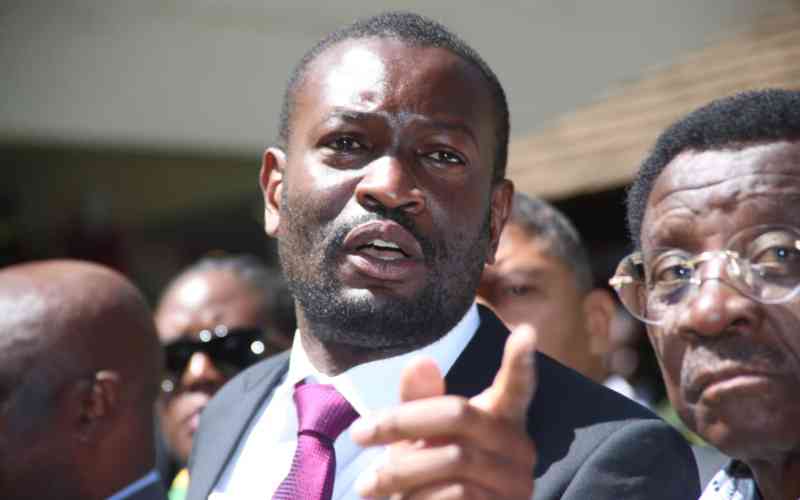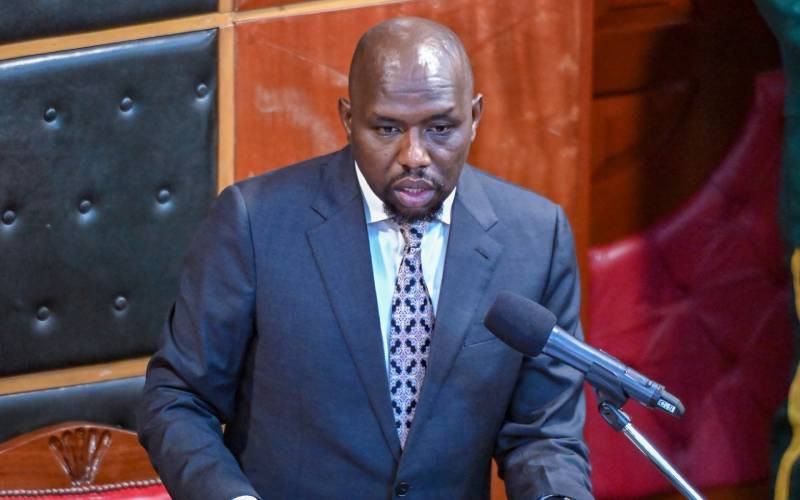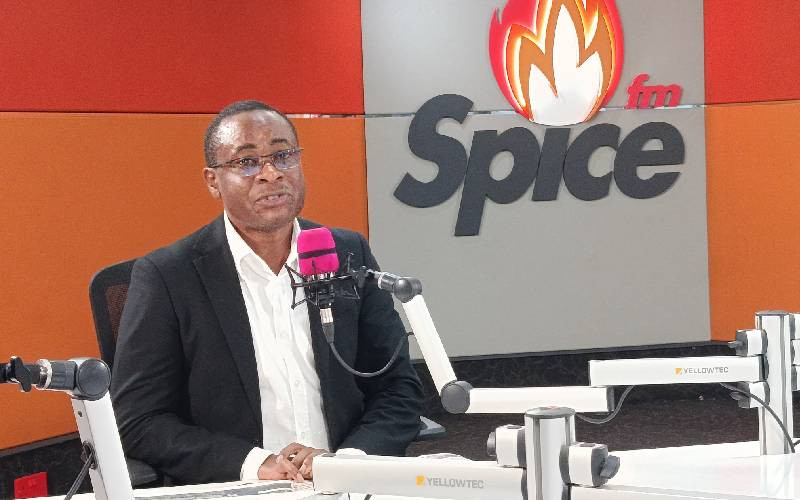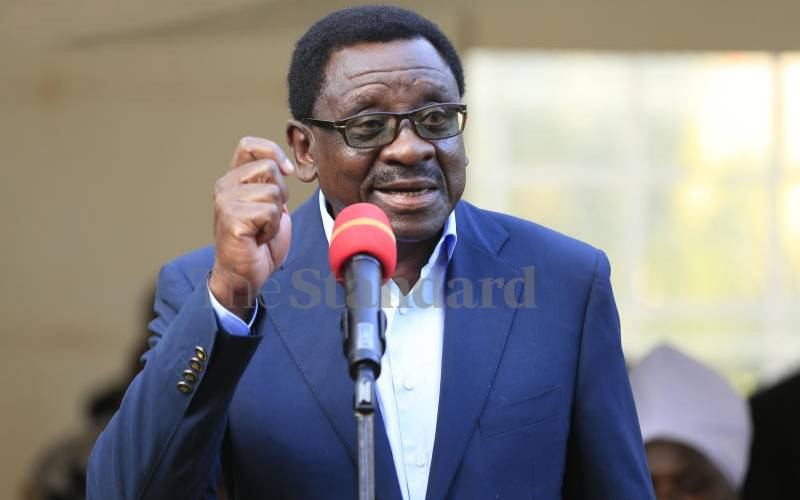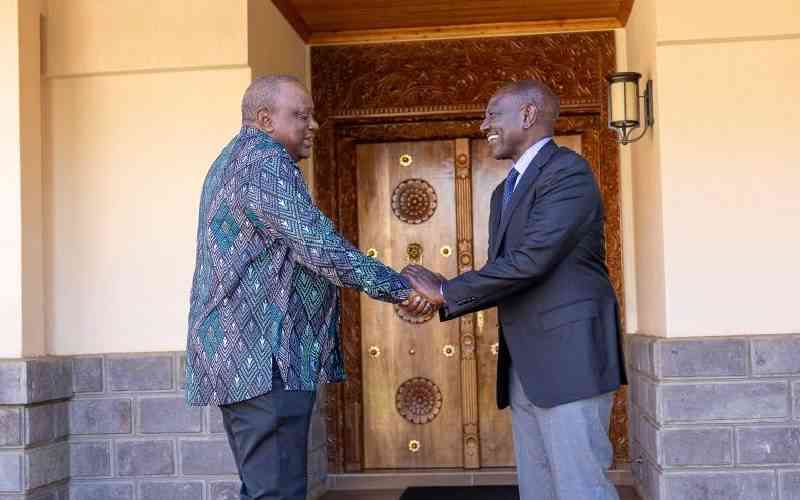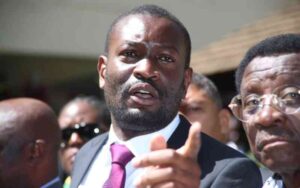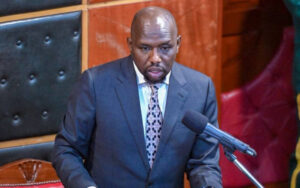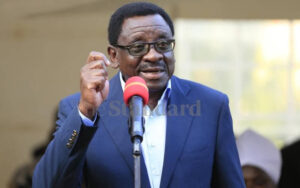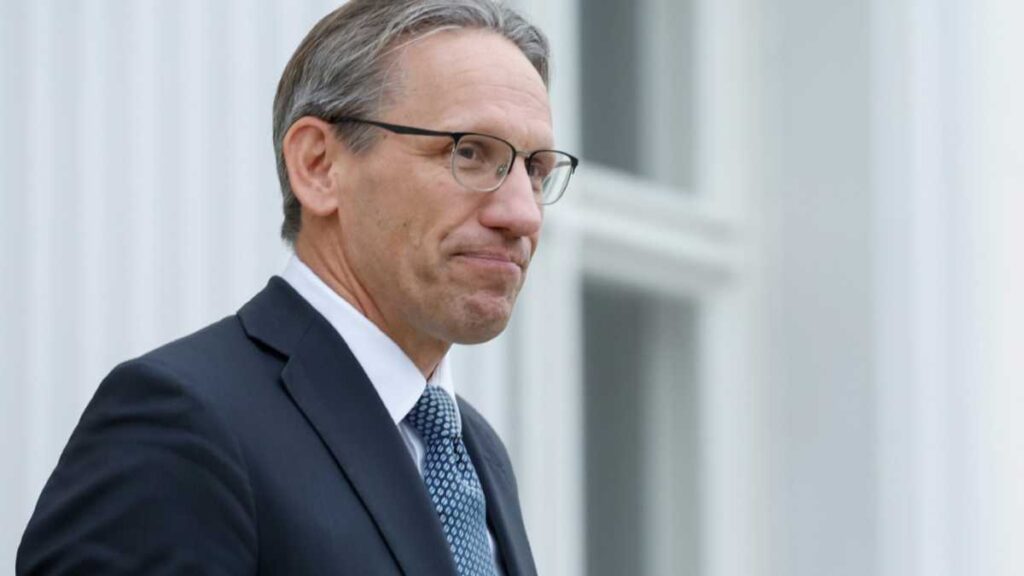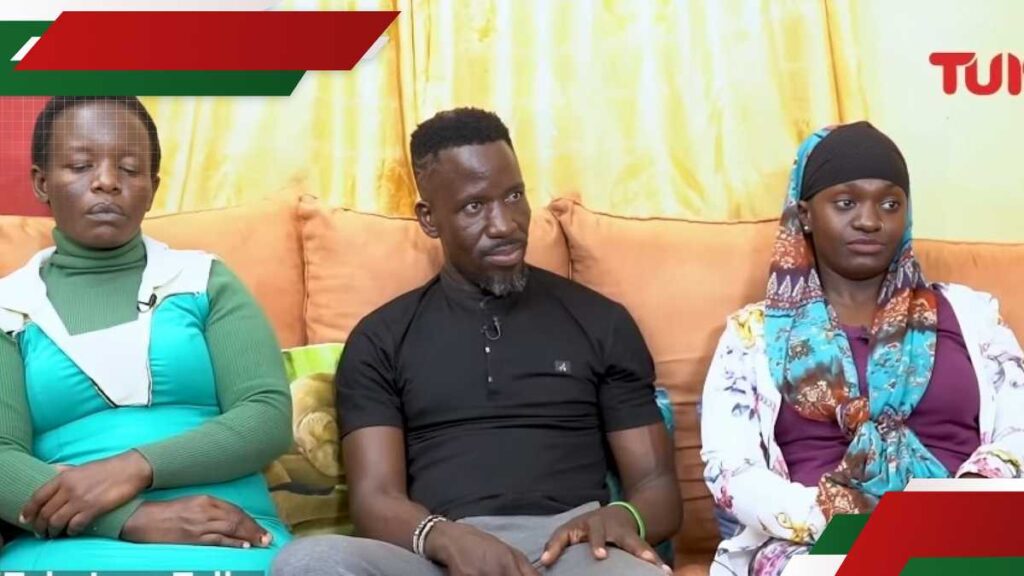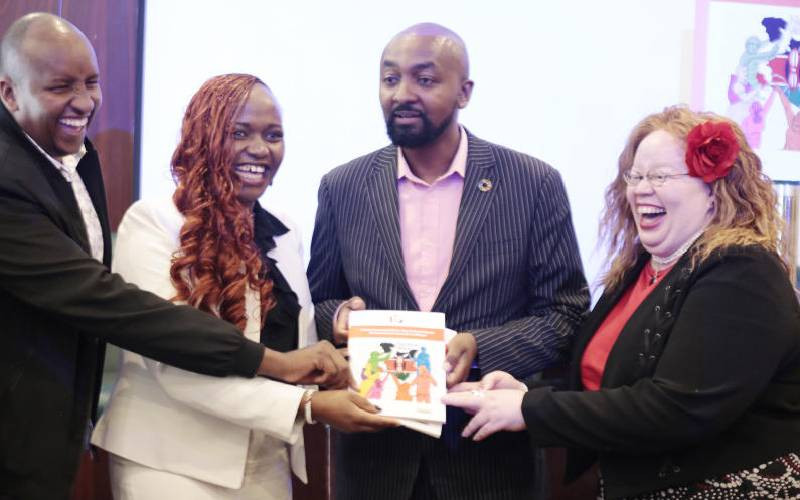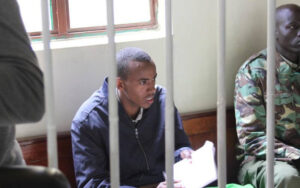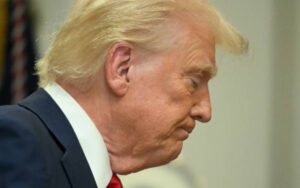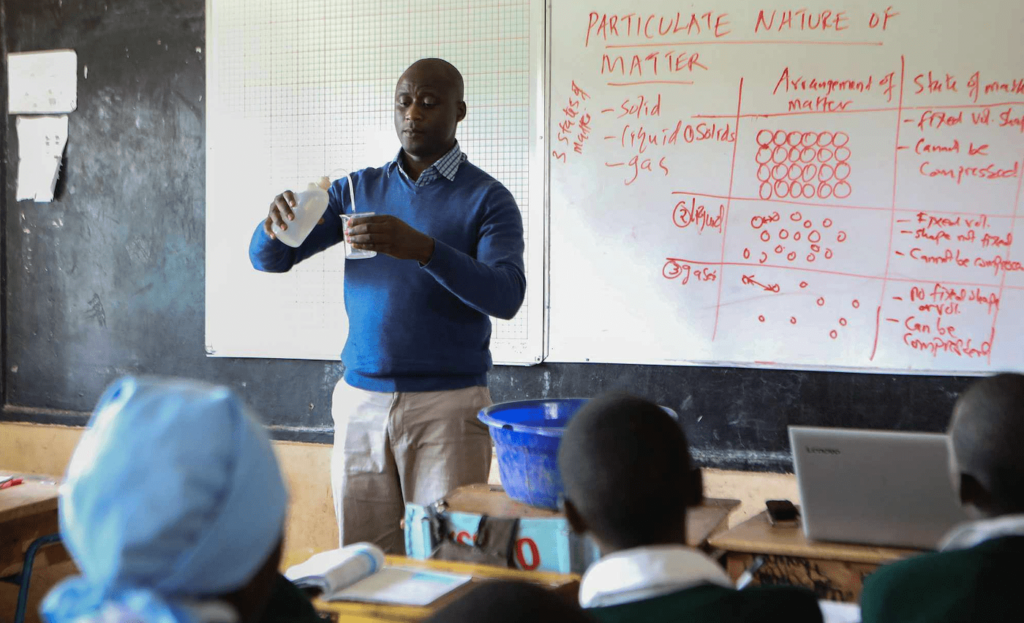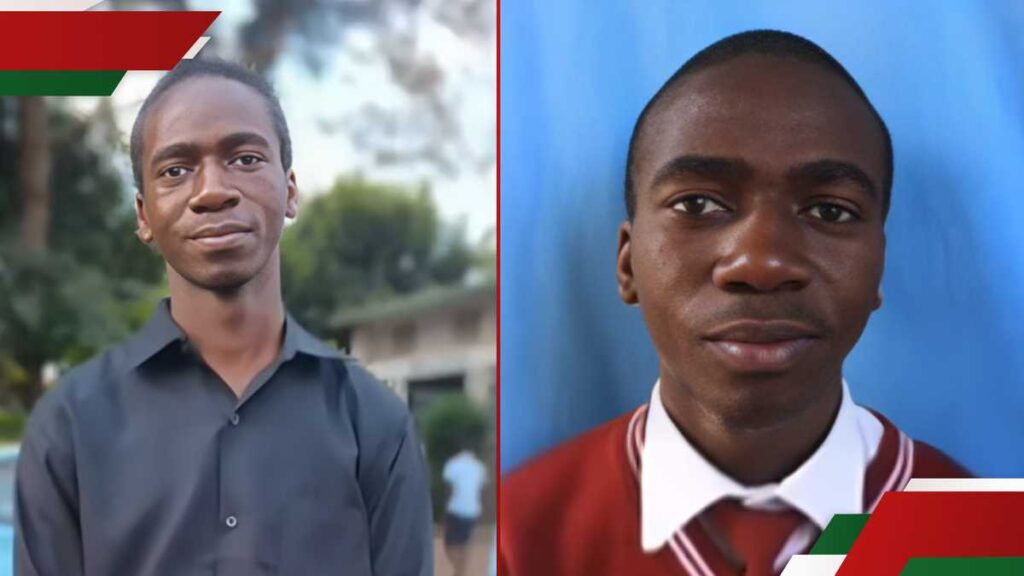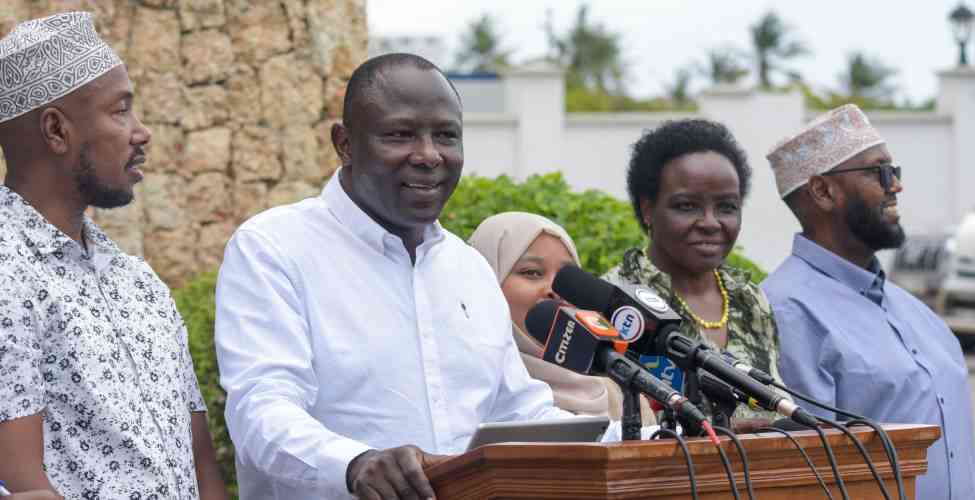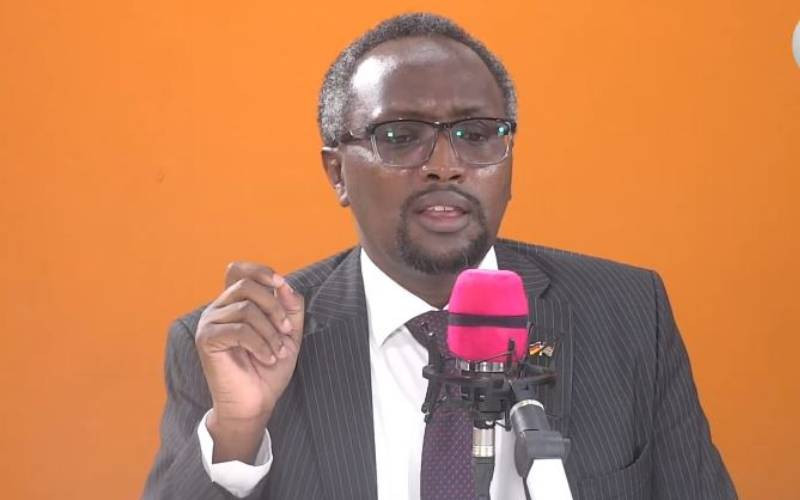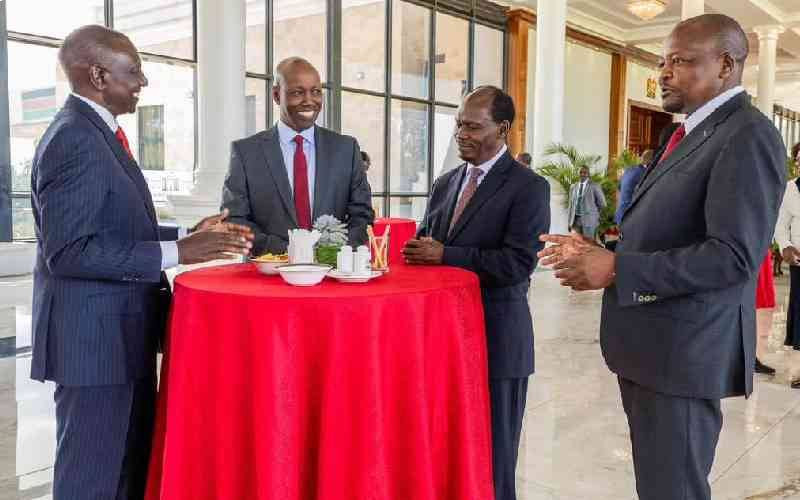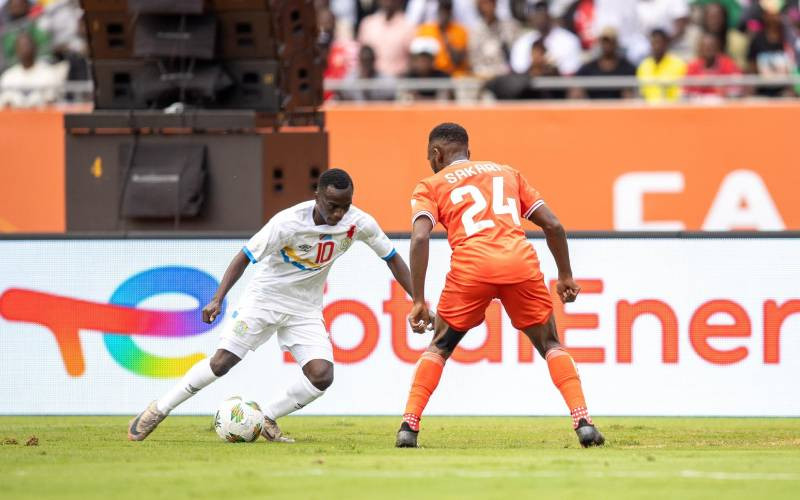On December 9 last year, social media platforms were abuzz with reports of a possible political alliance between President William Ruto and former President Uhuru Kenyatta following their meeting at Uhuru’s Ichaweri home.
Government supporters and political analysts claimed that the meeting marked a new dawn in Kenya’s politics, theorising that the two had reconciled after the 2022 General Election, when Uhuru abandoned his deputy and endorsed Azimio leader Raila Odinga.
Their meeting was seen as part of Ruto’s strategy to reclaim control of Mt Kenya’s from his rebellious deputy, Rigathi Gachagua.
Although the two leaders later issued contradictory statements, the discrepancy faded 10 days later when Ruto appointed Uhuru’s Cabinet Secretary for Health, Mutahi Kagwe, former Nakuru Governor Lee Kinyanjui, and former Kiambu Governor William Kabogo to his Cabinet.
Political analysts quickly labeled Ruto’s appointments as “Uhuru’s men” and, due to the timing of the announcement, many speculated that the two leaders had reconciled and would join Raila in forming a broad-based alliance for Ruto’s re-election campaign.
This speculation persisted on social media for eight days until Uhuru made a jibe at the President during the burial of his cousin, veteran rally driver Kibathi Muigai last week.
“The problem with you is that you’ve become afraid. Even you, Ngina, join the others because Gen Z is the future. Fight for your rights and stop sitting idly while your hard-earned sacrifices are taken away. Fight until justice is served because nothing lasts forever. If you don’t fight for it, don’t complain when it is taken away.”
While promising full support to Gen Z, Uhuru emphasized that young people have the energy to push for a better society and must be encouraged.
“Hakuna haja ya kuogopa, sisi wazee ndio inafaa tuogope lakini nyinyi mko na nguvu ya kupambana na hii watu. Si kuna wale walienda detention na wakatoka wakaendelea na maisha? he posed.
The President did not take Uhuru’s statement lying down. In an indirect jab at the former President, Ruto remarked that those inciting the youth had failed to create jobs for them.
“Our young people deserve the best from us as parents, government, and leaders. We don’t need to incite our children to engage in violence and chaos. The young people of Kenya don’t need violence or confrontation; they want opportunities, jobs, and to engage in business. That’s what we should be focusing on as leaders, not inciting them to violence and destruction, which won’t solve their problems or the country’s issues,” said Ruto.
Following the war of words between the two leaders, sources close to the situation revealed that the meeting between Uhuru and Ruto in Ichaweri was stormy, with the former President telling Ruto that the country was “in a nosedive.”
Stay informed. Subscribe to our newsletter
“Partly, the two leaders’ statements gave an indication of their discussion, but what was not mentioned is that Uhuru turned down the offer to have his people included in the Cabinet. Instead, he asked the President to choose the right people for the job, fully mindful of the rule of law,” a source privy to the information said.
According to a source, Uhuru raised concerns about continued abductions and extra-judicial killings, urging the President to intervene.
He emphasized the need for the Kenya Kwanza administration to respect the rule of law, democracy, and free speech.
He also urged the President to address issues such as new university education funding model, health challenges, IEBC, stalled projects, cost of living, and multiparty democracy.
Another source, an ally of President Ruto, stated that they also discussed Uhuru’s perks and agreed that grievances would always find a way to be addressed.
In his press release, the former President highlighted their discussions on national issues affecting citizens.
Ruto’s statement praised Uhuru as a statesman, acknowledging his support for Kenya’s progress.
However, political analysts noted the contradictions in the press releases and Ruto’s response to Uhuru’s call for youth to fight for their rights.
Dr Kamau Wairuri, a political analyst, suggested that their public statements and differing approaches indicated a lack of unity, implying that they might have staged their interaction for the cameras rather than consulting privately.


